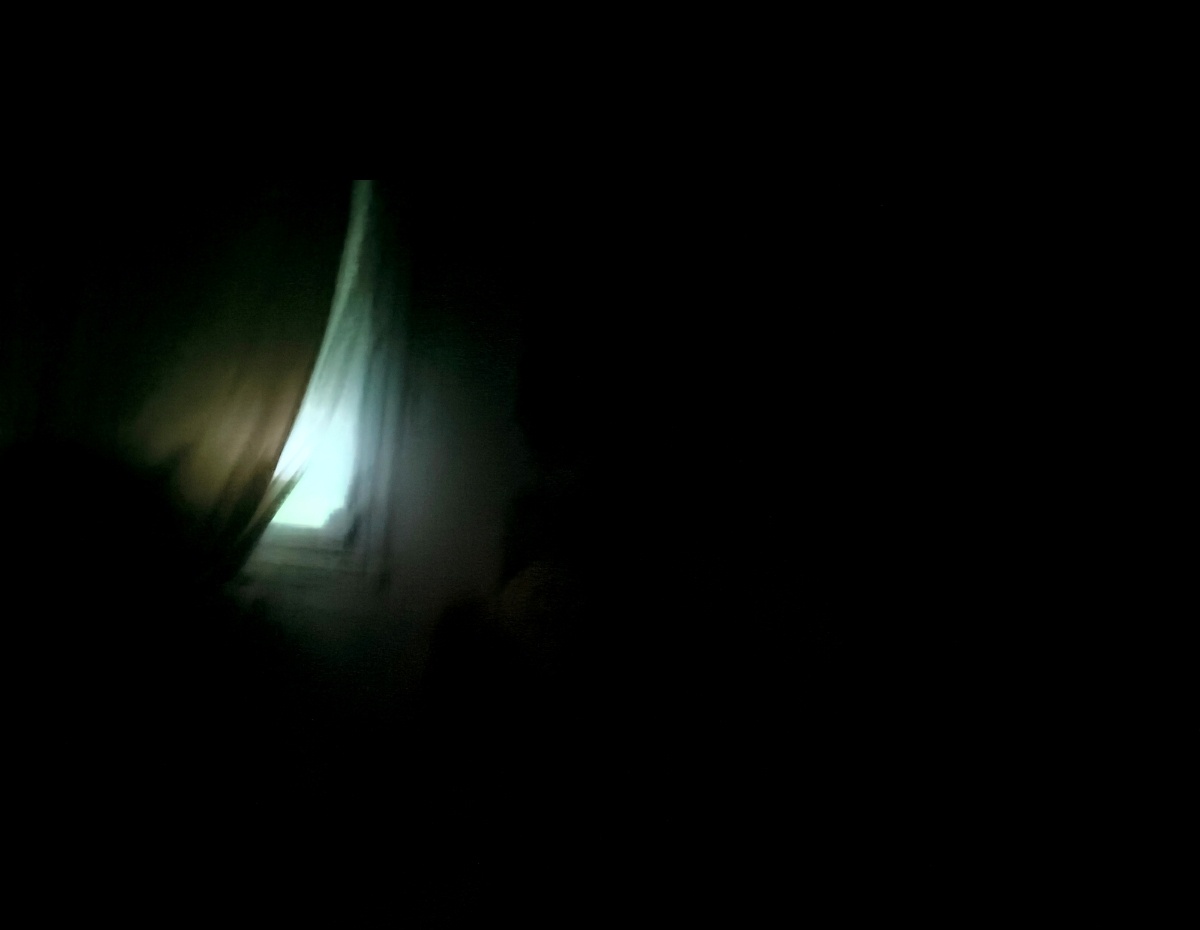The Tyranny of Everything Understandable
People are making weird objects, bizarre artworks, small indie games, or homemade tools, simply because they don’t fit the norm and they don’t want to. They experiment, have fun, bring out the bizarre because they need to. And that’s bloody vital. There has to be stuff that isn’t aimed at everyone, spaces you can’t fully digest, forms you can’t just swipe through. Spaces where you can shrug, say, “Not for me,” and move on. Simple as that.
But as soon as this stuff appears, the normies rock up. Instead of recognising it’s not for them, they attack. They fling around pompous words, hide behind intersectionality, accessibility, ableism, trying to silence anything that doesn’t speak to their little comfort zone. These ideas get twisted. Critique of the system? Forget it. It becomes a weapon to make everyone conform, to make the strange, the marginal, the weird feel wrong. The charge has been flipped. The norm that should be smashed is now used to bash anyone daring to step out of line.

And it’s brutal. Brutal. Most of the people being targeted aren’t sitting comfy in their armchairs. They’re already struggling, socially, maybe financially, emotionally. They create to breathe, to exist, to speak. And when they show their work, instead of being welcomed as unique, they get judged: “Not accessible enough,” “Ableist,” “You should have thought of everyone.” Madness. They never claimed to appeal to everyone. Flat out dishonest. Creation becomes a moral or political crime, and we just stand there nodding.
At its heart, this is capitalist bollocks pretending to be activism. Everything must be instantly usable, instantly consumable, instantly fun. If it’s not, it’s guilty. If you can’t engage immediately, if it doesn’t give you instant gratification, the fault is in the object. Critique of real exclusion gets twisted into a demand that everything be an IKEA cultural object: clear, flat, digestible. And that squashes the bizarre, the ungraspable, the things that resist universal consumption.
True plurality, real denormalisation, is admitting there are forms not meant for us. Saying, “This doesn’t speak to me and that’s fine.” Accepting that things can exist for themselves without us needing to consume, understand, or approve. But the normie reflex, draped in words like intersectionality and accessibility, reinforces the norm rather than breaking it. It neuters the subversive, turns the bizarre into a fault, and keeps alive the fantasy that the world should be transparent, instantly available, usable for everyone.
No. The bizarre, the obstinate, the weird has to be defended, not as elitism, but as breathing space, as cultural survival. We need to stop attacking the margins with pompous words designed to enforce conformity. What they call accessibility in this context is just the norm dressing up to keep squashing everything that doesn’t fit its boxes.